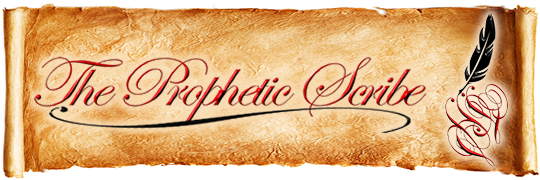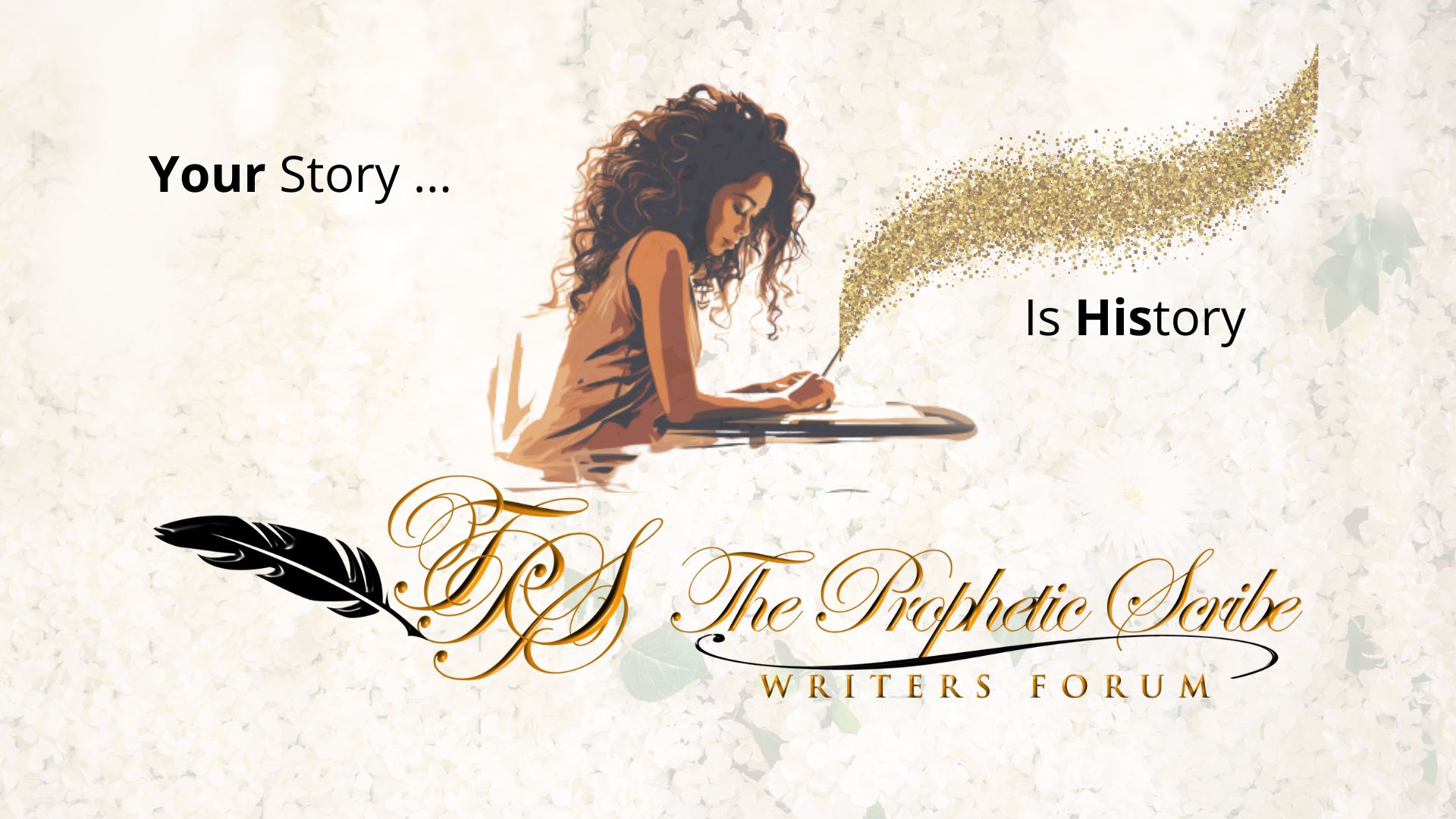A great example of how a story can change the world is the groundbreaking miniseries Roots
Roots was based on Alex Haley’s book that premiered as a TV miniseries on January 23, 1977. The eight-episode series traced a family’s journey from West Africa through generations of slavery to the post-Civil War era. Captivating audiences nationwide, Roots became one of the most-watched television events in U.S. history, with over half of American households tuning in.
Within seven months of its release, Roots sold more than 15 million hardcover copies, drew 100 million viewers, and video sales from 2007-2016 were over $15 million. The movie won serveral awards, has been syndicated, and has the distinction of holding the record as the third-highest-rated episode for any type of television series and the second-most-watched overall series finale in U.S. television history. [SOURCE: Wikipedia]
Your story matters. Even if you start by sharing it only with your family, its impact could reach far beyond what you imagine. You may never fully realize how your effort to document it can touch hearts, inspire minds, and transform lives. This is what we call legacy writing.
Here’s a guide to help you get started on researching your genealogy:
- Start with What You Know
Begin by documenting everything you already know about your family. Write down names, dates, and places associated with your relatives, starting with yourself and working backward. Collect family documents, such as birth certificates, marriage licenses, and obituaries, as these provide crucial details.
- Talk to Family Members
Interview relatives to gather stories, names, and dates that may not be recorded elsewhere. Older family members, in particular, often have a wealth of knowledge about past generations. Use open-ended questions to encourage storytelling, which can reveal valuable clues.
- Organize Your Information
Create a family tree to visualize relationships and track your progress. Tools like genealogy software or online platforms, such as Ancestry.com or MyHeritage, make it easy to store and organize your research digitally.
- Explore Online Resources
Take advantage of the vast array of genealogical websites. Many provide access to census records, military documents, immigration records, and more. Some popular resources include:
- Ancestry.com: A comprehensive paid service with extensive records.
- FamilySearch.org: A free resource maintained by The Church of Jesus Christ of Latter-day Saints.
- FindAGrave.com: Useful for locating burial records.
- EllisIsland.org: A go-to for tracing immigrant ancestors.
- Visit Local Archives and Libraries
Dive deeper into your research by exploring local historical societies, libraries, and government archives. Look for county clerk offices or state archives where older records, like wills, deeds, or church registers, may be stored. Many of these records are not digitized and require in-person visits.
- Use DNA Testing to Broaden Your Search
Genealogy DNA tests from companies like 23andMe or AncestryDNA can reveal connections to relatives you never knew existed. These tests can also provide insights into your ethnic heritage and help confirm paper trail research.
- Trace Immigration and Naturalization Records
For ancestors who immigrated, ship manifests, naturalization papers, and border crossing records can provide valuable details about their journey and origins.
- Collaborate and Connect
Join genealogy groups or forums to connect with others researching similar lines. Collaboration can lead to breakthroughs, as others may have already uncovered information about branches of your family tree.
- Document Your Sources
As you collect information, keep track of where it came from. Accurate sourcing not only helps validate your findings but also makes it easier to revisit records if needed.
- Be Patient and Persistent
Genealogical research is like detective work—it takes time and often involves piecing together clues. Stay patient and celebrate small victories along the way.
By following these steps, you can uncover the rich tapestry of your family history, preserving the legacy of those who came before you for future generations to cherish.
A cautionary tale
Author Harold Courlander filed a successful lawsuit against Alex Haley, alleging that portions of Roots were plagiarized from his novel The African. The case was resolved in 1978 with an out-of-court settlement, in which Haley paid $650,000. So, stick with your own story. Authenticity will keep your integrity intact.
@tpspublications
#thepropheticscribe








